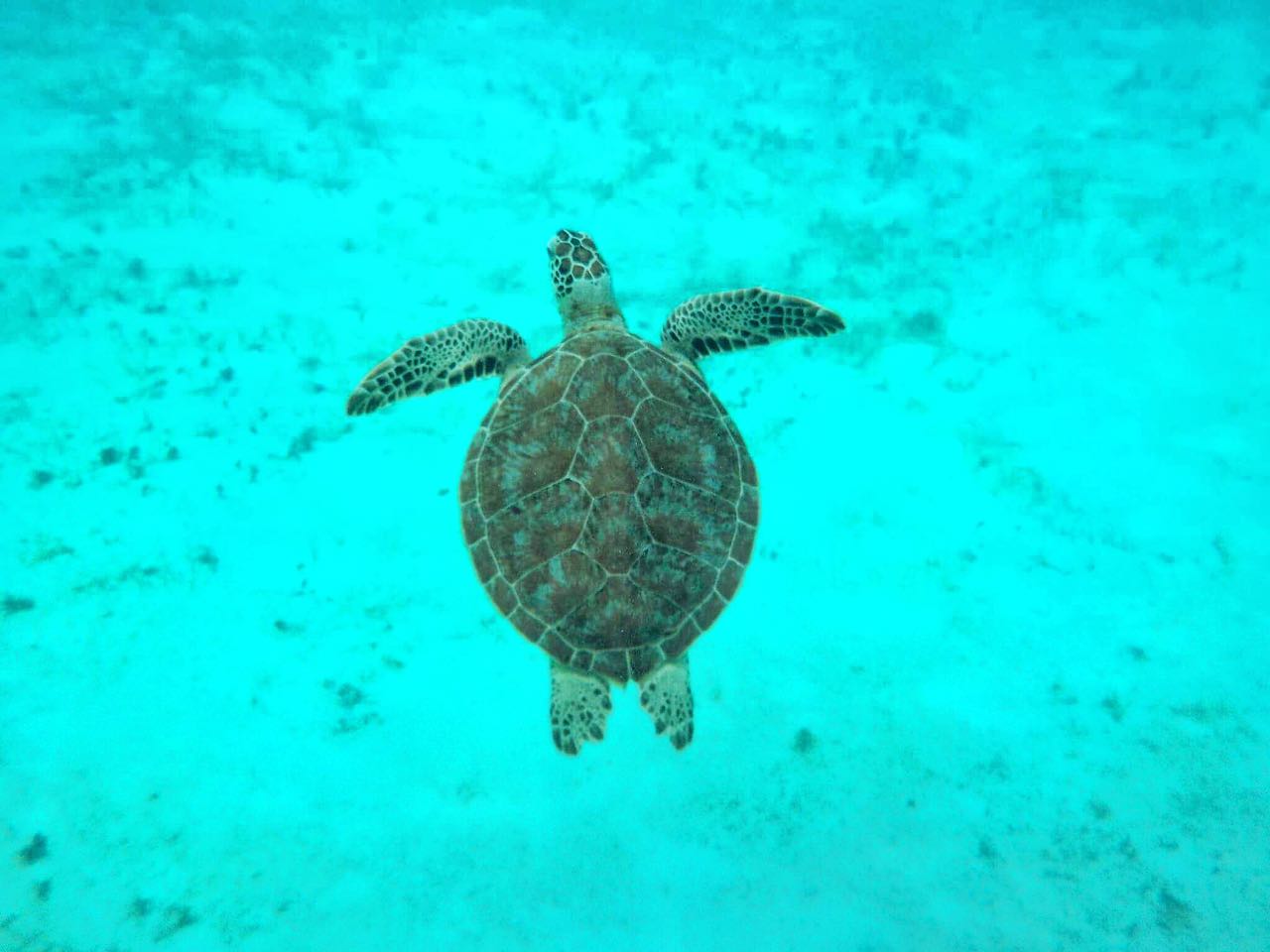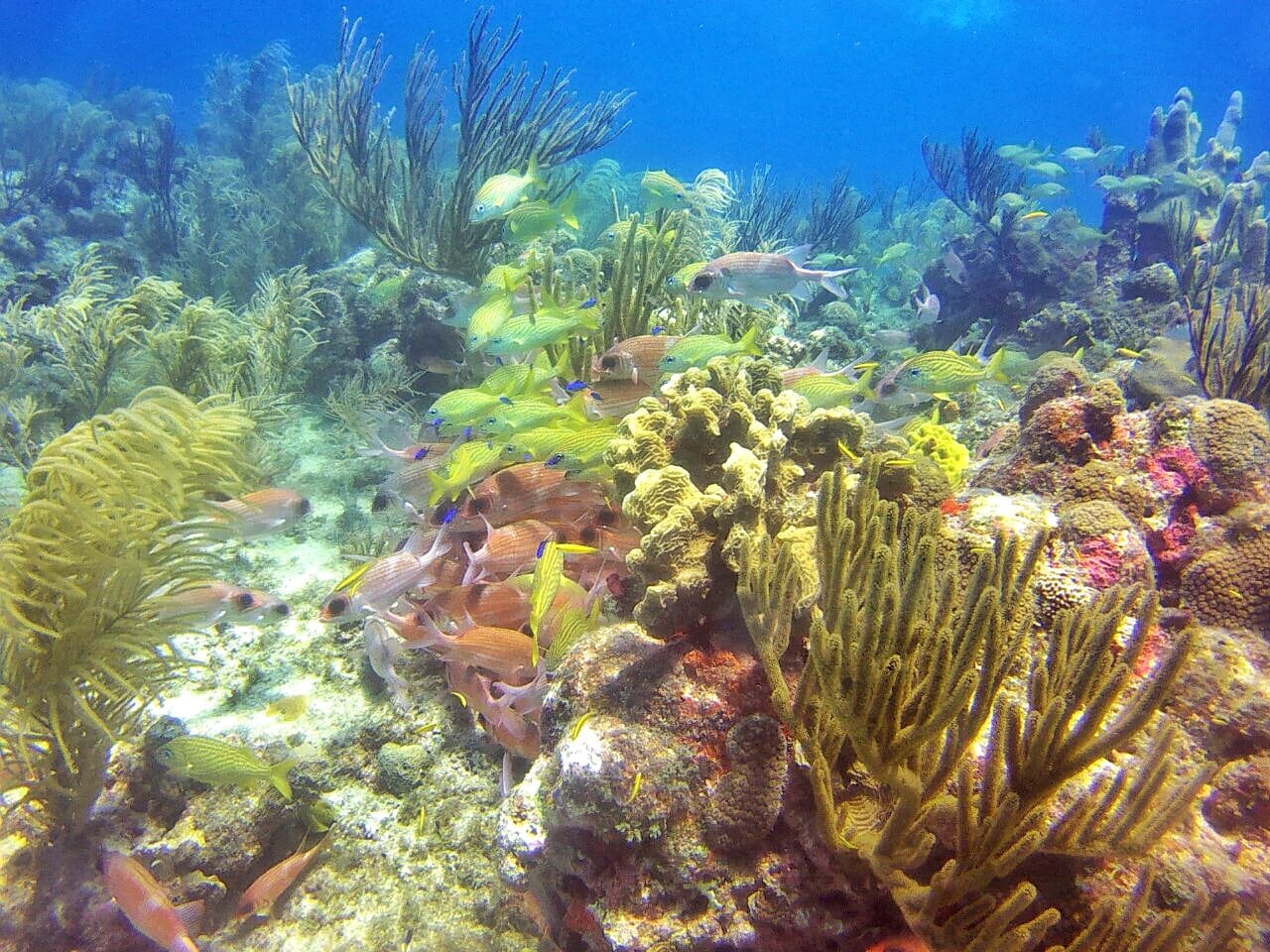BY MARIA VIRGINIA OLANO, APRIL 6th, 2018
Earlier this year, Coca-Cola announced ambitious new targets for package recycling, aimed to collect and recycle the equivalent of all its packaging by 2030. As one of the largest beverage companies in the world, responsible for producing 120bn plastic bottles a year, this was a strong indication of what’s to come. More and more large and smaller companies worldwide are upping their commitments to reduce plastic packaging and to make more of it recyclable. This is a direct response to growing consumer awareness and a younger generation of millenials – soon to become the largest spending group – are demanding more environmentally friendly products. Moving away from single-use plastic is now a part of the marketing strategy of many, a trend that is only forecasted to keep growing.
THE DEPTH OF THE PROBLEM
We are inextricably dependent on the ocean. Three billion people get almost a fifth of their caloric intake from the ocean (making fish a larger source of protein than beef), and fishing and aquaculture support the livelihoods of one in ten human beings. But this crucial ecosystem is facing deep trouble due to rising temperatures, increasing pollution, and overexploitation of resources. Yet, we have long viewed the ocean as a system almost too grand to fail. We assumed that because of its vastness, we could dump anything we wanted into it, while at the same time, take just as much out of it. This mentality has resulted in decades of plastic and chemical pollution affecting marine ecosystems, which now, coupled with rising temperatures due to climate change, is putting undue stress in the oceans.
An increasingly critical issue facing oceans is the overabundance of plastic pollution making its way from landfills into the sea. More than 8 million tons of plastic are dumped into the oceans each year, and by some estimates, the ocean may contain more plastic than fish by midcentury. Plastics have a direct and deadly effect on wildlife; not only are marine animals impacted, but seabirds and other land species are as well. Moreover, plastics don’t degrade, but break apart, forming smaller ‘microplastics’ that have been found to make their way through the food chain all the way up to human consumption.
The ocean also acts as a carbon sink, absorbing greenhouse gases emitted into the atmosphere. While this has temporarily helped reduce atmospheric heating, it has also resulted in significant changes in the water’s chemistry, causing acidification of the oceans and in turn, disrupting marine species. Shellfish are particularly vulnerable, as they can’t form shells and grow in more acidic waters. The issue could cause big trouble for coastal economies which rely on large yields of oysters, clams, scallops and other shellfish, such as Massachusetts. Rising global temperatures are bad news for the ocean. Warmer waters have severely impacted marine life, causing the bleaching and subsequent death of coral reefs –– which are the building blocks of marine ecosystems. Some scientific predictions expect almost all corals to be gone by 2050.

A WAY FORWARD
Conserving our oceans is not just a vital necessity for maintaining a stable global climate, sustaining livelihoods, and providing food for a large chunk of the global population. It is also increasingly good for business. There is growing awareness of marine debris, which has become synonymous with plastic waste. We have all been exposed to heartbreaking images of birds, sea turtles, seals and other marine animals entangled in plastic trash to the point where consumer attitude have shifted, demanding alternatives to single-use.
As businesses, it is therefore important to take these trends into consideration and make decisions that can align with both business values as well as with the consumers. A good way to do this,for instance, is encouraging customers to bring their own mugs to storefronts offering beverages and perhaps offer a discount, or perks for doing so. Such strategies are already present and growing exponentially. Another way is by switching from plastic products to alternatives, such as paper, or other biodegradable materials, which can be recycled and have a smaller carbon footprint.
There is also a pressing need for innovation and design solutions to this crisis. As much as 20% of plastic packaging can be profitably re-used and 50% of plastic packaging can be profitably recycled if improvements are made to design and after-use systems. The new plastic economy has the potential not only to save oceans but to open up opportunities for profit and grow the circular economy.
Lastly, there is another incentive to get ahead of the curve and begin making these changes. Increasingly, there has been legislation banning or restricting single-use plastic products such as plastic grocery bags. In 2014, California became the first state to enact legislation imposing a statewide ban on single-use plastic bags at large retail stores. Many municipalities across the country have followed suit, and it is a trend that is also growing in many countries outside the United States. Massachusetts has its own bill restricting the use of plastic bags, currently in the Ways and Means Committee of the State House. If passed, these restrictions would not only reduce plastic pollution but could in fact also reduce business costs as it would shift back to consumers the responsibility of bringing their own bags or containers as they shop. With Boston joining the Massachusetts municipalities passing bag bans, the Commonwealth may be reaching a tipping point for taking statewide action.
*This week on our podcast, we dive deep into the issues facing the oceans due to climate change, specifically the problems with plastic pollution. Daisy Kendrick, Founder of Ocean Generation joins our conversation. Listen now here.
 MARIA VIRGINIA OLANO
MARIA VIRGINIA OLANO
Maria Virginia is a young professional with experience in non-profit and coalition organizing in the areas of disarmament and human rights. She is currently pursuing a Masters degree in Security and Resilience Policy at Northeastern University, where she also completed her undergraduate degree in Political Science. During her time at Northeastern she studied abroad in Japan, India and Saudi Arabia and worked as a journalism intern in Bosnia Herzegovina and Turkey. She is passionate about travel and photography and in her free time loves to watch movies, eat lots of food and read.







